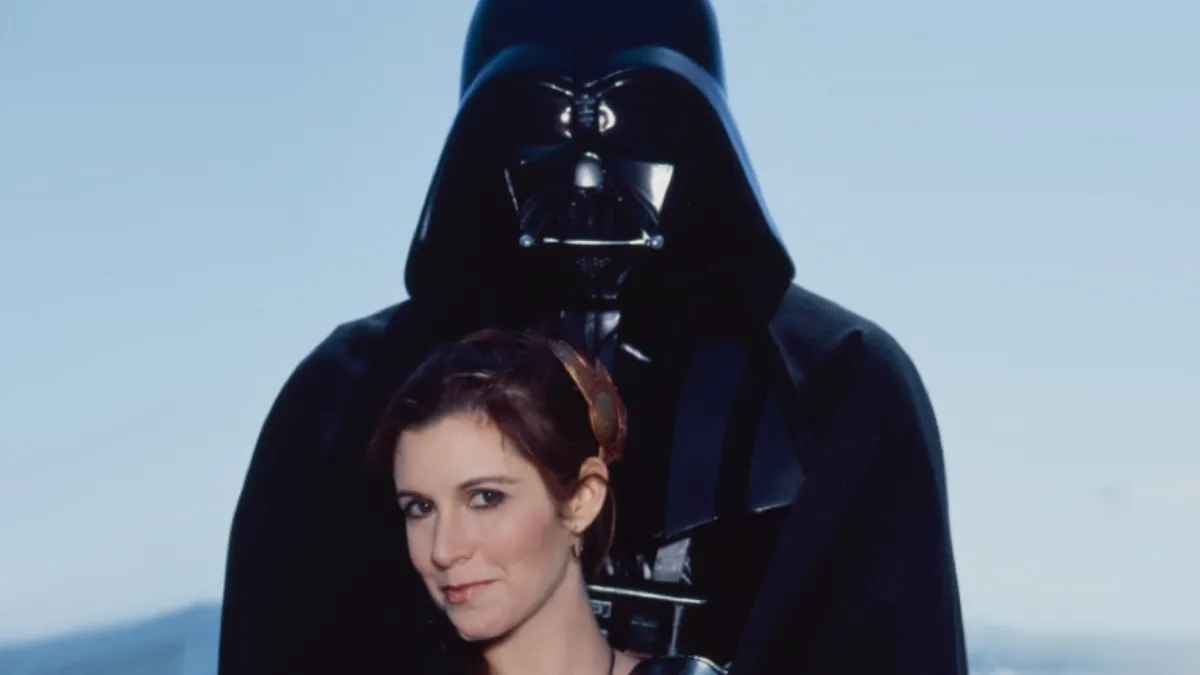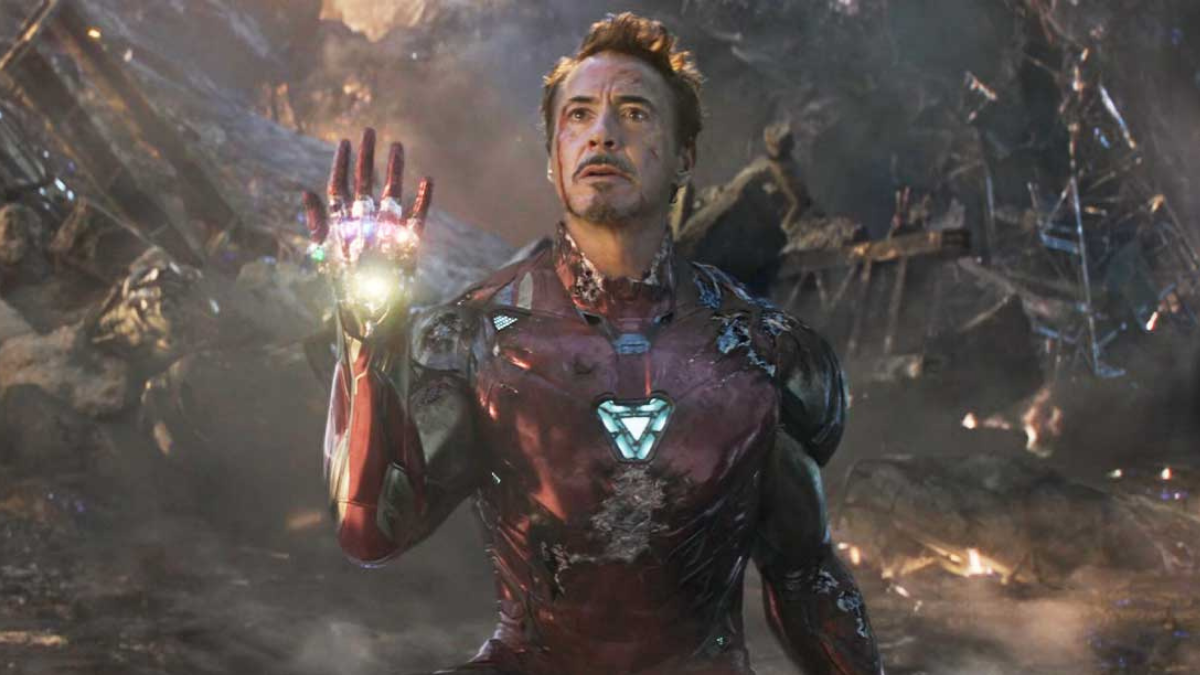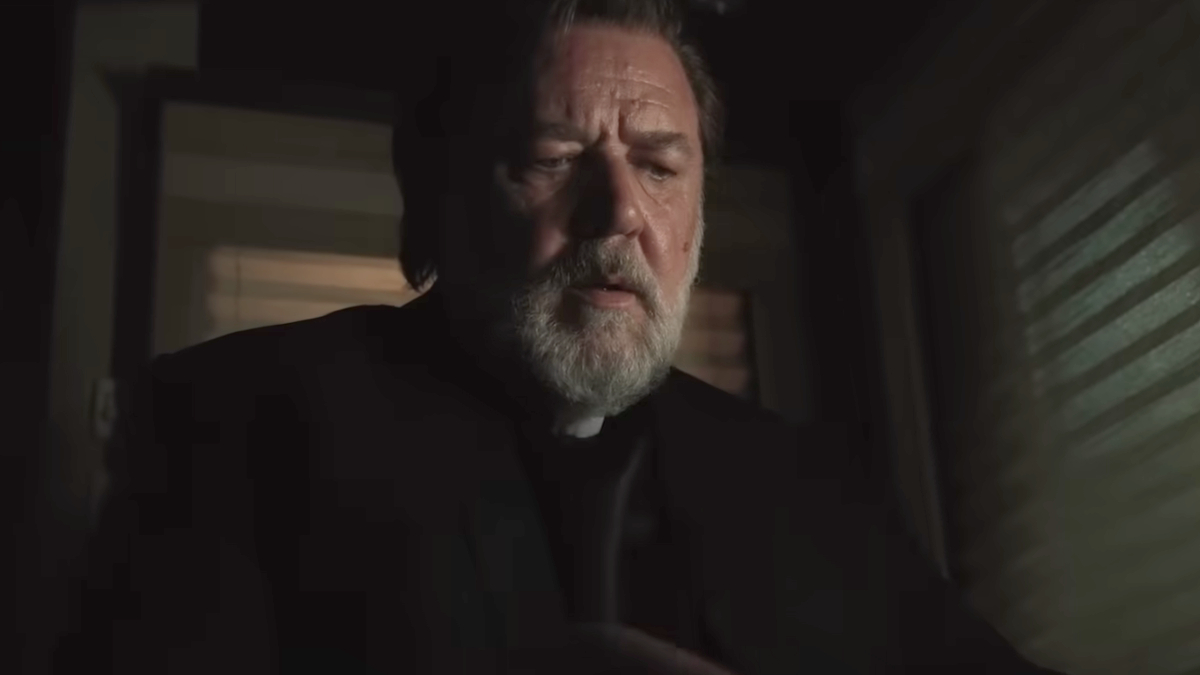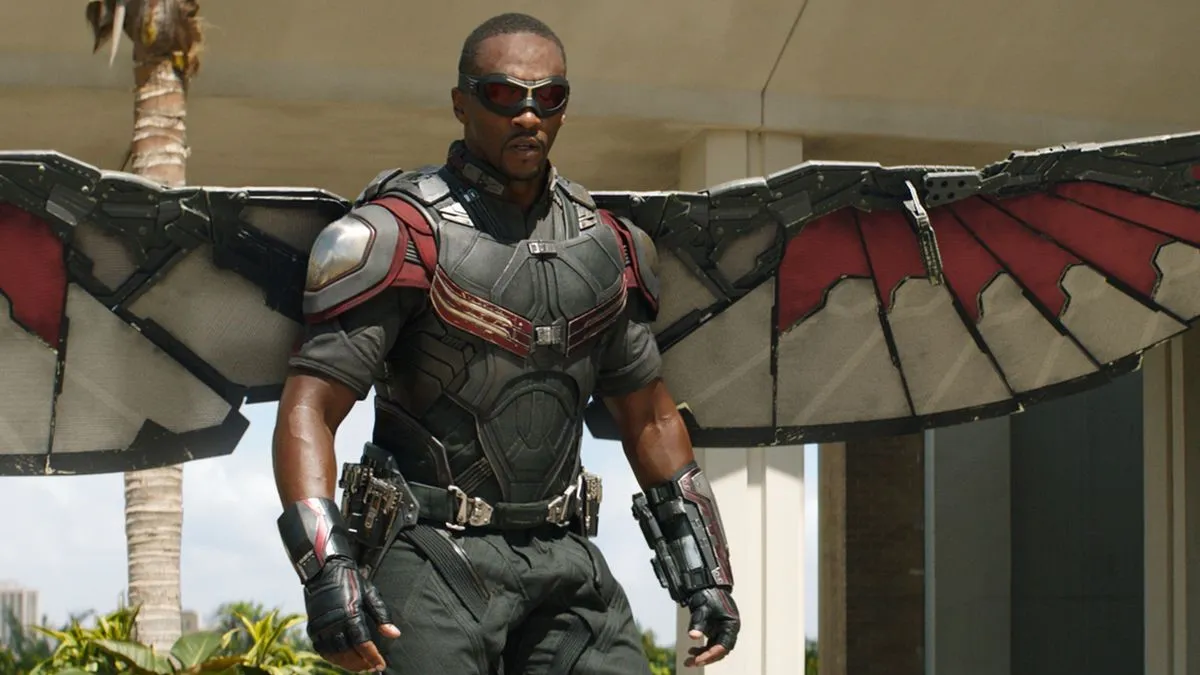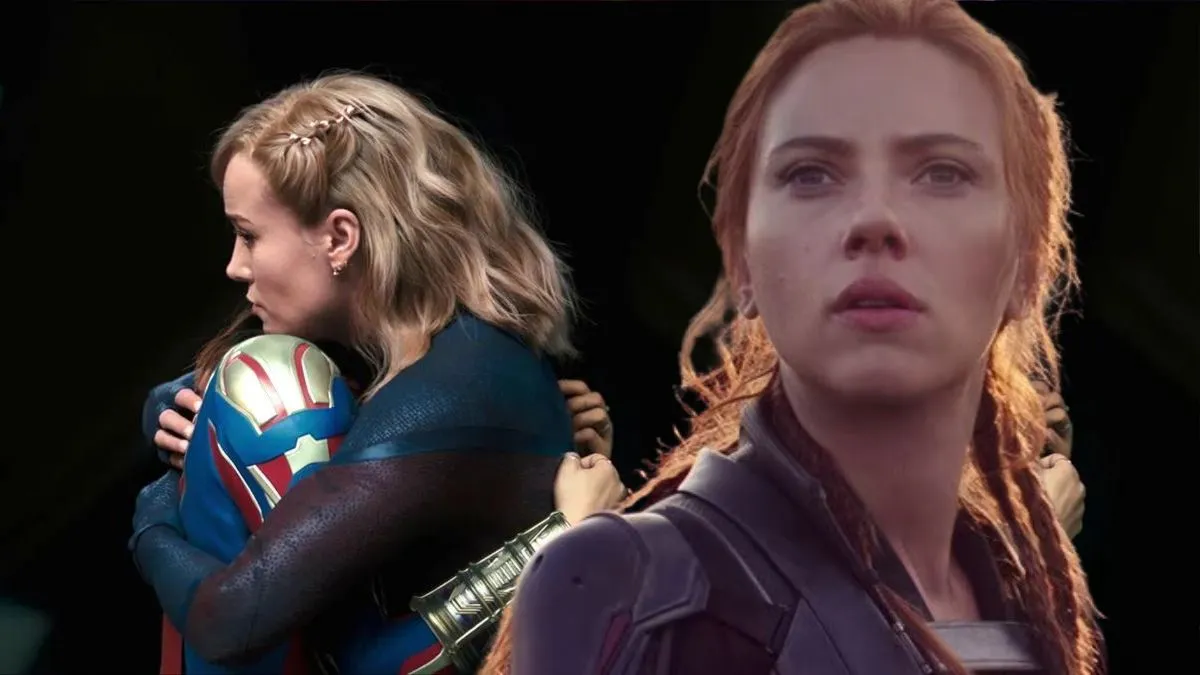
As with any genre, melodrama has its own artistry. Creating an emotional response in the viewer enough to cause tears, or at least for a strong connection to the main characters, is an art in itself. Done properly, melodrama can be as exhilarating as an action film, and as intense as a horror movie. Done poorly, it can make you feel at best cheated, and at worst manipulated and ashamed of wasting two hours on such a pedantic series of misadventures.
With that in mind, I must consider how to review the latest adaptation of a Nicholas Sparks novel: The Best of Me. I must choose my words carefully, for you, the reader, shall make the heartfelt decision whether to spend your money on a tale of love and redemption in the Louisiana Bayou. So allow me to put this as gently as I know how: The Best of Me is bad.
Not enough? Well, the badness of The Best of Me is quite difficult to codify. It is a total badness, an overarching, all-encompassing badness that more than once made me concerned that my viewing companion might actually be ill. It is a badness that stretches from its golden-hued opening on the world’s most beautiful oilrig, to its shallow, manipulative, tear-filled conclusion, and everything that lies between. It is a badness that even now, as I write these words, comes back to infect my eyes and ears and remind me that, no, movies are not all beautiful creations of intellectual minds; they’re not even all diverting entertainments.
Some of them, like The Best of Me, are painful experiences that fill you with a sense of existential nothingness, that make you wonder what is really the purpose of film. Was it for this that our ancestors painted upon the walls of their cave dwellings? For this that Matisse and Chagall daubed their canvases, and Shakespeare penned his folios? Was it for this that Thomas Edison invented the kinetoscope?
The plot of The Best of Me – and there is more than one; in fact, there are far too many – concerns the past, present, and future of Dawson and Amanda, played as older beautiful people by James Marsden and Michelle Monaghan, and as younger beautiful people by Luke Bracey and Liana Liberato. They were once in love, as numerous flashbacks depict for us in bright, shiny detail, but their love fell apart because of a Nicholas Sparks plot device and now they’re sad. When their old friend Tuck (Gerald McRaney) dies, the pair return to their hometown to pay their respects and reunite at the gorgeous cottage where they first cemented their bonds of love or, in non-Sparksian terms, first had sex.

Do we care why these two broke up? Do we care if they ever get back together? It doesn’t matter. This film is going to show us every single detail of their dull romance anyways, so you might as well settle in. If the film managed to drum up even the slightest bit of tension, the smallest amount of chemistry between any of its leads, I might be able to embrace their trials and tribulations long enough to accept some of the leaps of faith that this story requires you to make (like not calling the cops on vicious drug dealers).
I am perfectly willing to go along with a lot in a movie, but you have to sell it to me. Give me something – anything! – to invest in emotionally or intellectually, and I will follow you to the end of the credits. The Best of Me fails to summon enough narrative interest in its characters to make me care; the silliness – and there is much silliness – is not even extreme enough to be laughable, and so provide a moment of respite from the plodding dialogue and interminable plot.
To make matters worse, The Best of Me makes a hash of an otherwise fair cast. No single actor is particularly bad: Marsden and Monaghan do their best to deliver some painful, turgid dialogue meant to establish that these two people LOVE EACH OTHER FOREVER AND EVER AND EVER EVER! Their younger counterparts are likewise pleasant to look at, and might even be decent actors if given a chance. But even their best intentions cannot elevate this film.
A better director might have, but Michael Hoffman was not up to the task. Someone on the level of Douglas Sirk could possibly have drawn out the social mores underpinning the character types (of which there are an abundance) and exposed notions of class and sexuality in the pre and post-millennium. But this is not All That Heaven Allows; this is Nicholas Sparks, where the sun always shines and the spirituality is as plastic as a dollar-store crucifix. Sparks’ novels have been adapted into better films, it’s true, and are a sub-genre in themselves, but truly none of them quite rise to the heights of emotional manipulation contained in this one.
At best, I can say that The Best of Me will make you question contemporary fantasies about romance more than David Fincher’s Gone Girl could ever hope to. It will make you wonder just what it means that we treat such paltry sentimentality and fantasies about sacrificial love as the true basis of a romantic melodrama. Take my advice. Go to Netflix and rent An Affair to Remember. Laugh and weep for Cary Grant and Deborah Kerr. But whatever you do, avoid The Best of Me. You know you deserve better.


